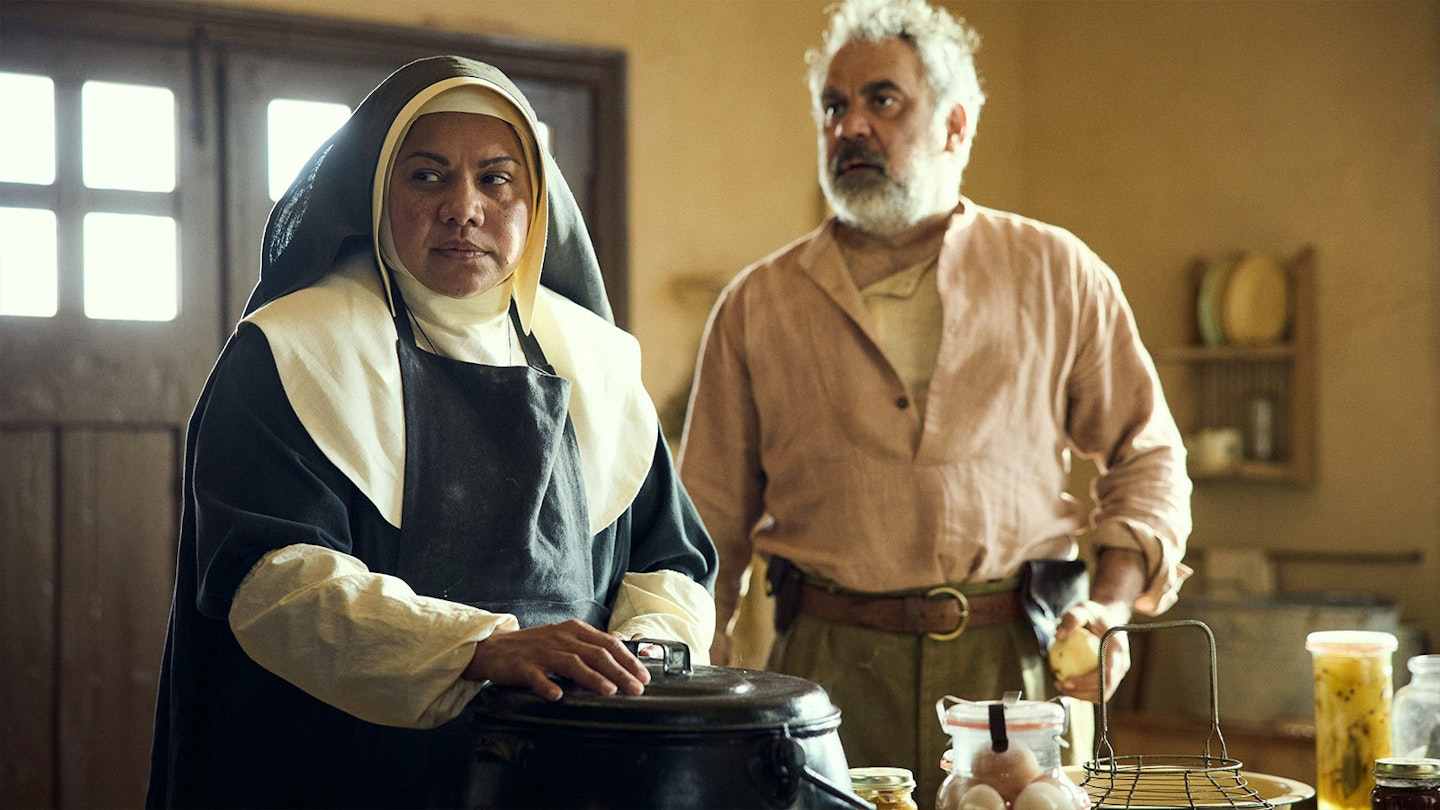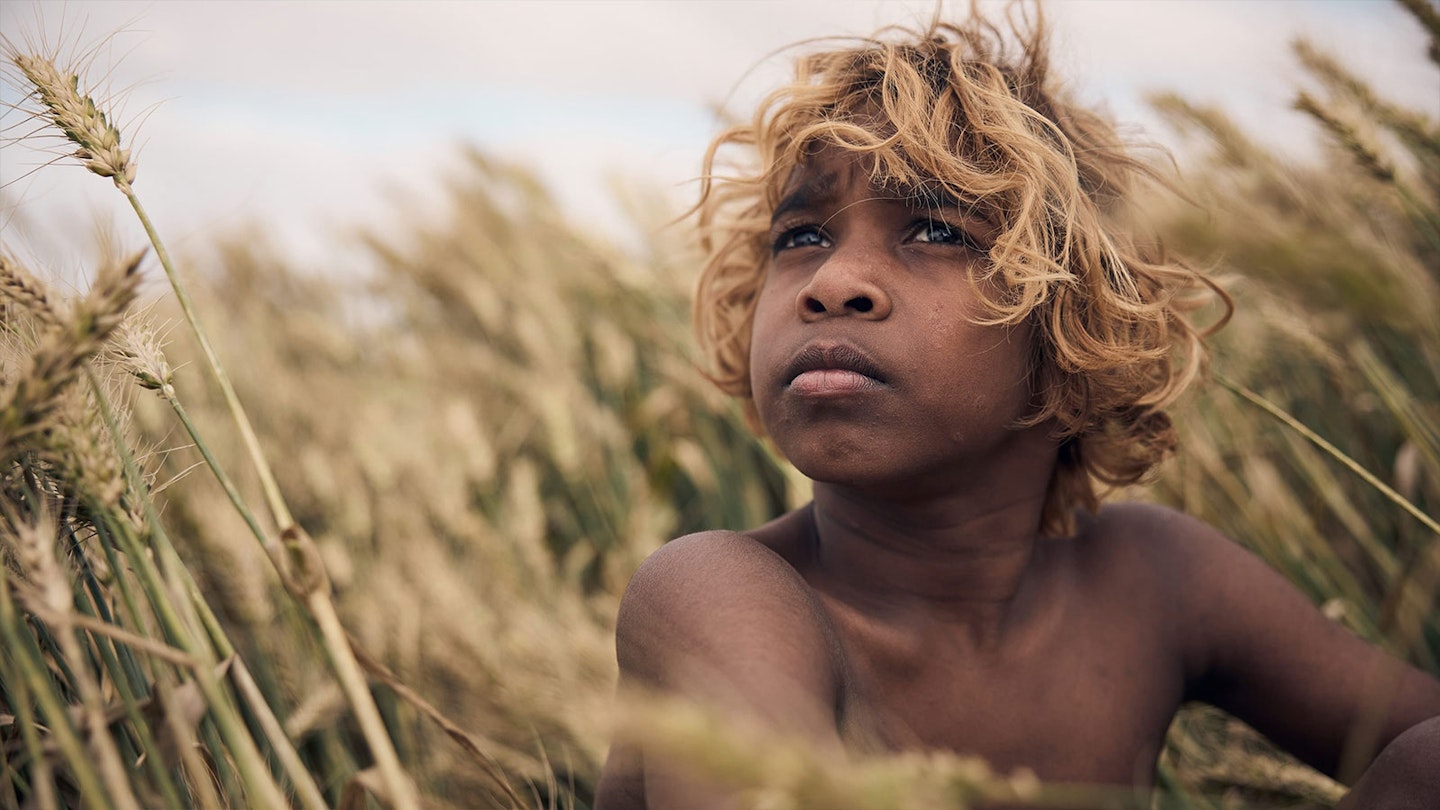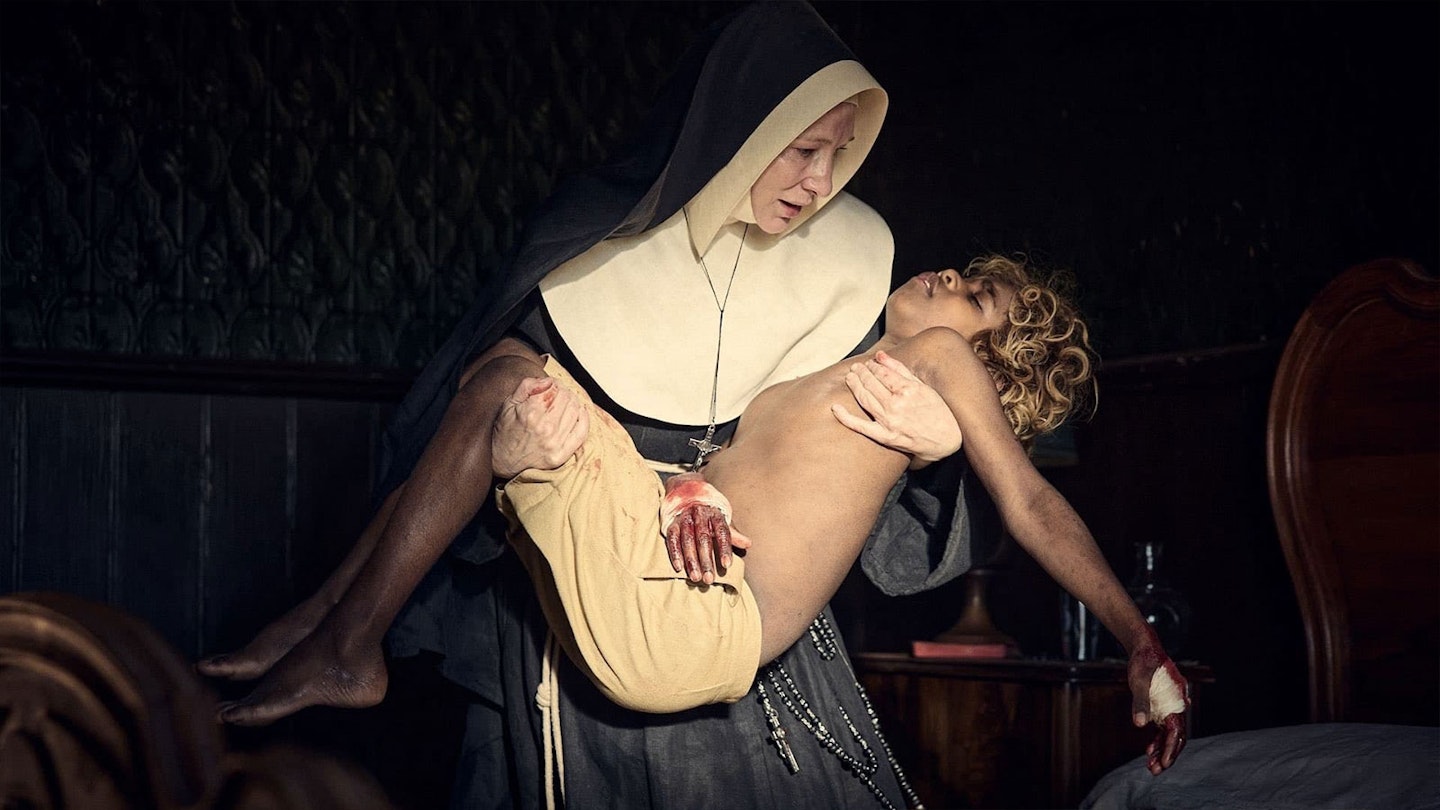As an Australian Aboriginal child, Warwick Thornton was sent to a Christian boarding school, run by monks and nuns. That formative experience inspired The New Boy, the filmmaker’s seventh feature — but don’t expect a straightforward slice of direct autobiography. It is a curious confection, with a tone that flits between a serious study of colonialism and religion, and something more fantastical or supernatural. It even has an unexpected Weekend At Bernie’s-esque subplot. And it isn’t the sort of film to leave you with easy answers.

Cate Blanchett — in her first Australian role in several years — plays Sister Eileen, the leader of a Catholic mission in Australia’s Northern Territory. After the supreme, overbearing confidence of her performance in 2022’s Tár, there’s a fascinating nervous energy to Eileen: seemingly as fearful of her faith as she is beholden to it. She is naive and misguided but also quietly cunning, signing letters of official business ‘Don Peter’, after the now-dead patriarch of the mission, and pretends to be him for the benefit of delivery men. Even when the character feels occasionally underwritten, Blanchett is — of course — never less than compelling.
It is a deeply Australian story, rooted in its shameful history
The nuns’ mission’s delicate equilibrium is thrown off-balance when the unnamed new boy arrives, and Thornton conjures a wonderfully unguarded performance out of newcomer Aswan Reid, who moves about the world as scruffily and messily as his curly blond locks. He is a ball of energy and innocence, and the film plays through his lively eyes, almost as if it’s an unorthodox coming-of-age story. A magical spark of light follows the new boy, implying healing powers, with a lens flare that recalls a 1980s Amblin adventure; elsewhere, Thornton’s camera feels almost Terrence Malick-ian, taking full advantage of the dusty desert sunrises.

There is a deep, abiding spirituality to the film, and Thornton seems to draw a line of comparison between Christian mysticism and the Earth-centred ‘geosophical’ Aboriginal belief systems: are the two traditions not so different, after all? Or are they wholly incompatible? It’s not clear what position the film is taking, an ambiguity that can feel confounding. Instead, Thornton luxuriates in studious, slow-burn pacing, too often seemingly just treading water.
What feels clear, though, is the deliberate setting of this tale in time and place. It is a deeply Australian story, rooted in its shameful history (the new boy is snatched against his will, a symptom of the country’s racist assimilation laws) and the eventual imposition of a Western name on him feels symbolic, the loss of innocence and identity. The New Boy’s ruminations don’t always connect, but it does make us wonder whose souls really need saving.
